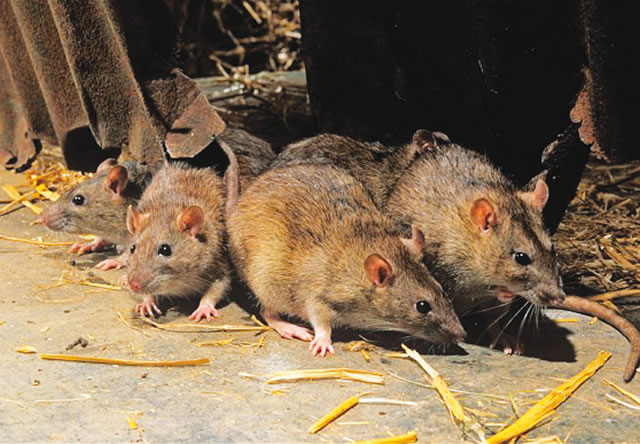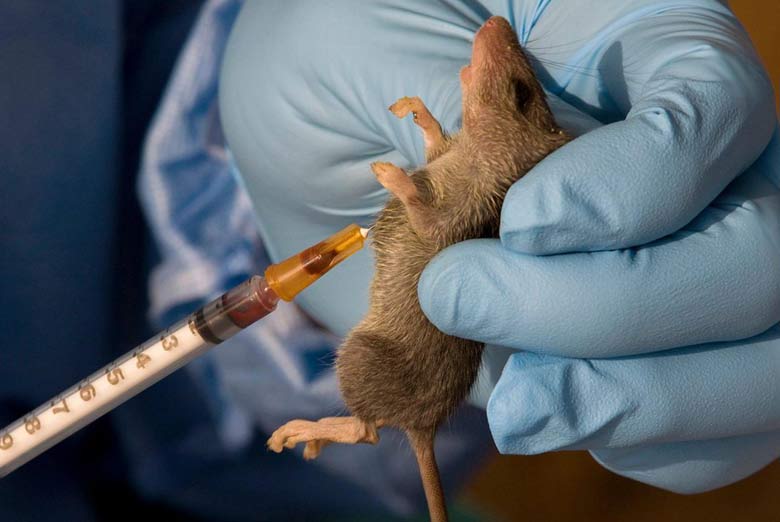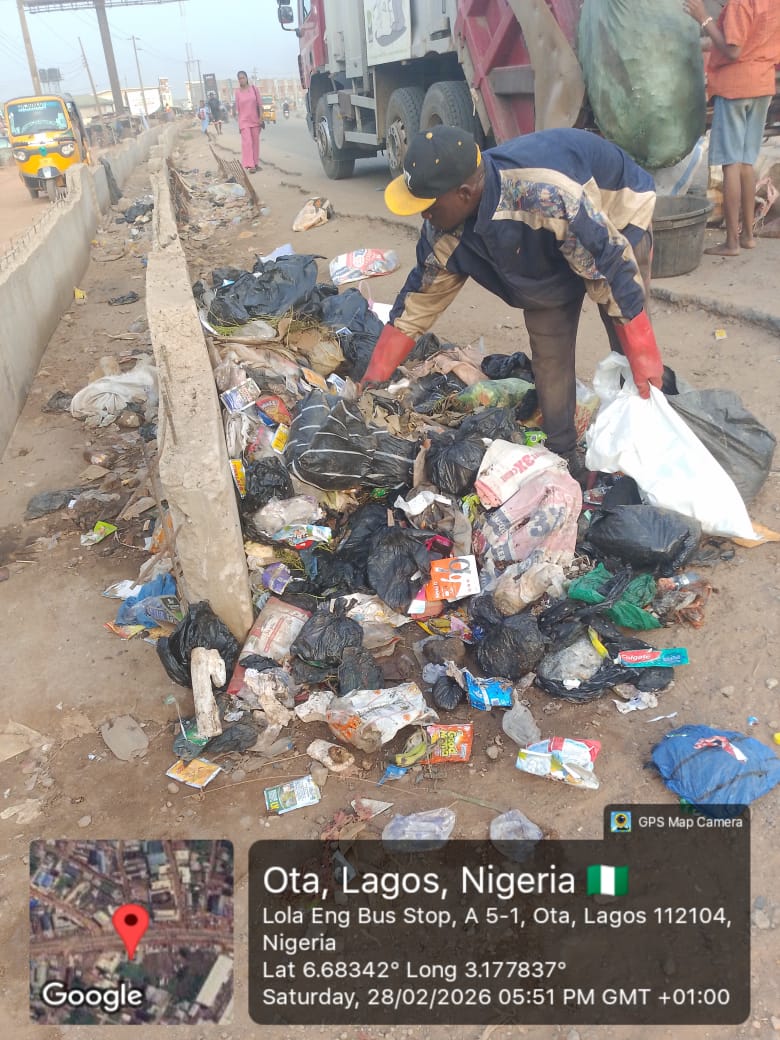Lassa Fever Outbreak in Nigeria: A Growing Concern

Nigeria is grappling with a surge in Lassa Fever cases, despite ongoing Public Health Interventions. According to the Nigeria Centre for Disease Control and Prevention (NCDC), the country has reported 747 confirmed cases and 142 deaths, marking a case fatality rate of 19.0% as of Epidemiological Week 22 (May 26 to June 1), 2025. This represents a concerning increase from 18.1% recorded during the same period in 2024.
Key Statistics:
– Confirmed Cases: 747
– Deaths: 142
– Case Fatality Rate:19.0%
– Affected States: 18
– Local Government Areas:96
The NCDC has intensified its response efforts, deploying rapid response teams, launching community sensitization campaigns, and activating an e-learning platform to train Health Workers on Infection Prevention and Control. Public Health experts emphasize the need for grassroots surveillance and environmental hygiene education to combat the outbreak.

Dr. Solomon Chollom, a Public Health expert, notes that Lassa Fever is endemic in Nigeria and typically spikes during the dry season. However, the year-round transmission pattern seen in recent years suggests a shift in the disease’s behavior, likely linked to urbanization, climate factors, and persistent gaps in sanitation.
To prevent the spread of Lassa fever, Nigerians are advised to:
Maintain Proper Hygiene: Regular handwashing with soap and water.
Avoid Contact with Rodents: Store food in sealed containers and eliminate rodent hiding places.
Seek Medical Attention: Early detection and treatment are crucial in managing the disease.
Despite the response efforts, challenges persist, including:
Late Presentation of Cases: Delayed reporting of cases hampers effective containment
Poor Sanitation: Inadequate waste disposal and poor environmental hygiene contribute to the spread of the disease
Limited Health-Seeking Behavior: Some communities may not seek medical attention promptly, exacerbating the outbreak
Experts urge State and Local Governments to invest in waste disposal systems, community health surveillance, and early case reporting mechanisms to combat the outbreak. Collective, coordinated action is necessary to strengthen Nigeria’s fragile health security infrastructure and address the ongoing Lassa fever outbreak.



